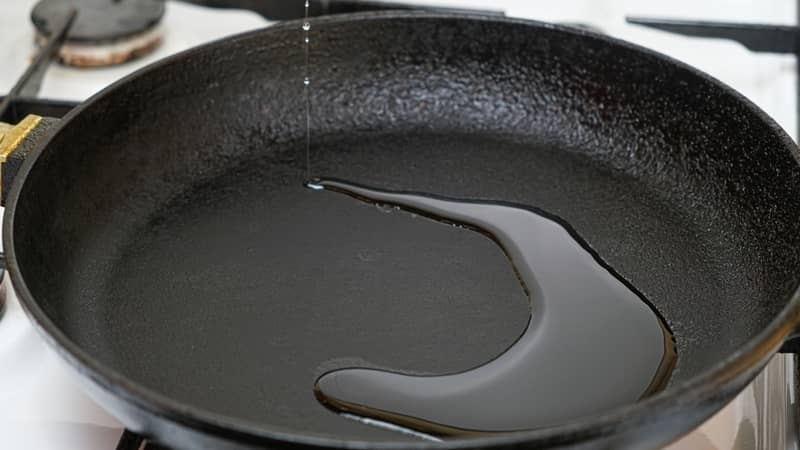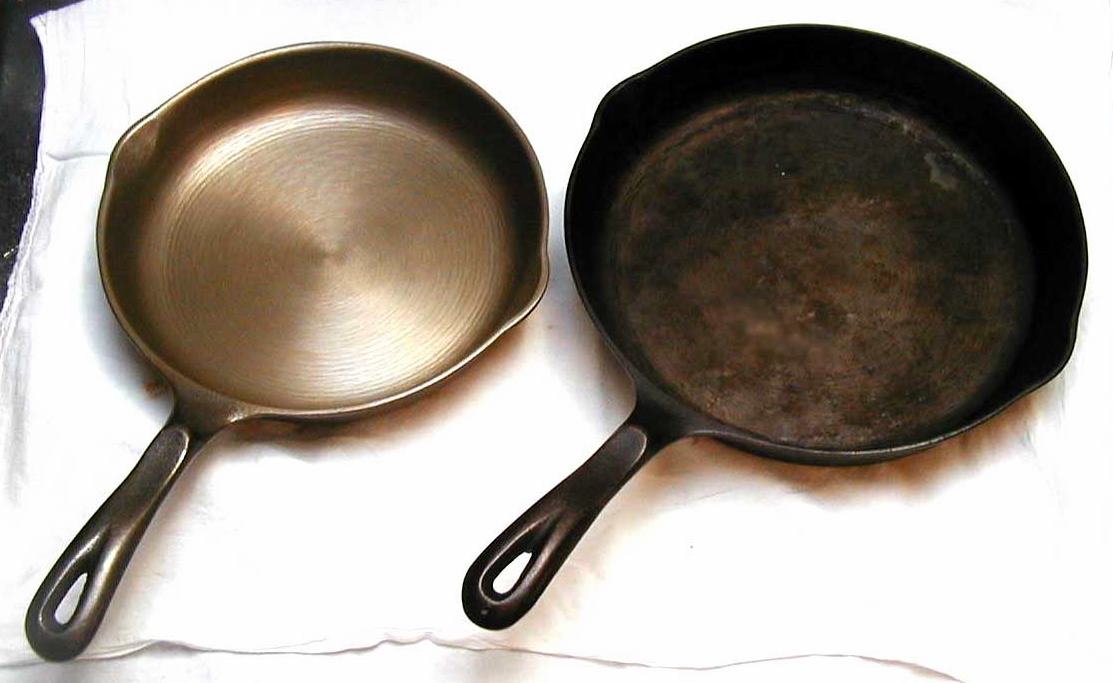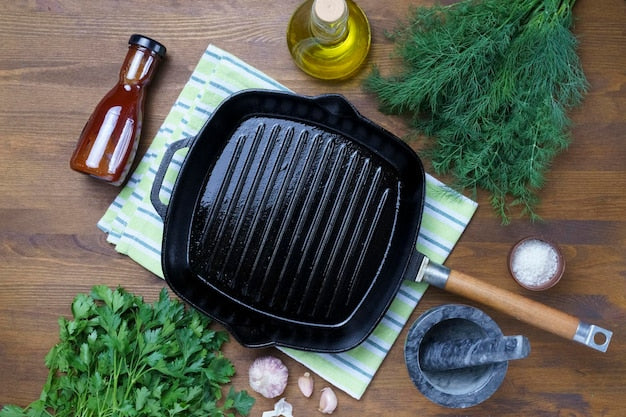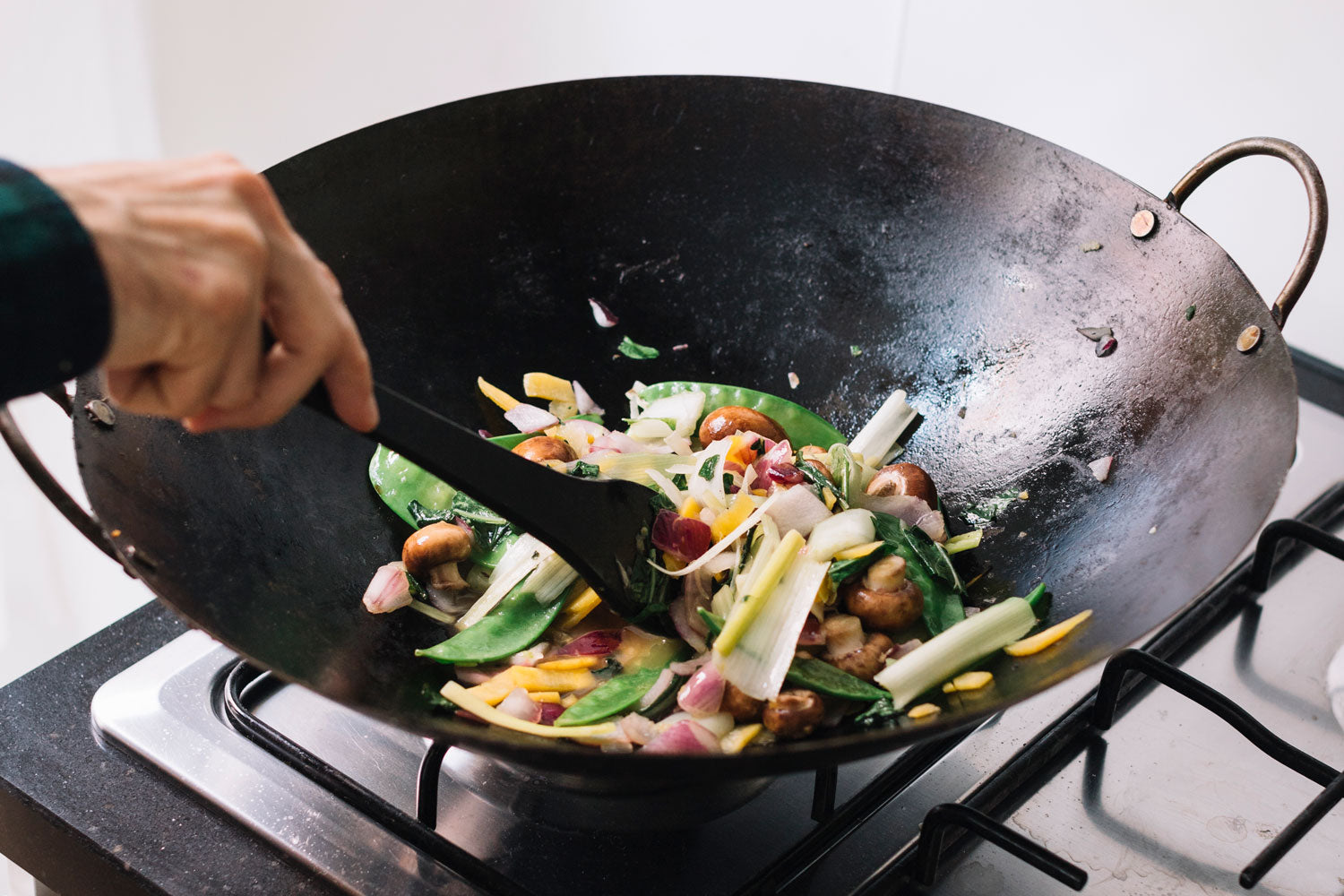When it comes to maintaining the longevity and performance of your cast iron cookware, one of the most critical questions is: what temp for seasoning cast iron? This question is especially relevant for kitchen professionals who rely on cast iron for their culinary mastery. Understanding the right temperature for seasoning cast iron will not only enhance the flavor of your dishes but also protect your cookware from rust and degradation.
Seasoning is a vital process that involves applying a thin layer of oil to the cast iron and heating it to a specific temperature. The purpose of this process is to create a non-stick surface while preventing the iron from reacting with acidic foods. To ensure that you get the best results, you must know the proper temperature to achieve this.

Understanding the Seasoning Process
Before diving into the specifics of temperature, let's first understand what seasoning is and why it matters. Seasoning is essentially the polymerization of oil, where fatty acids in the oil undergo a chemical reaction when heated, forming a hard, protective layer. This layer not only improves the non-stick quality of the cookware but also enhances its overall durability.
Choosing the Right Temperature for Seasoning
The optimal temperature for seasoning cast iron usually ranges between 400F to 500F (about 200C to 260C). This range allows the oil to reach its smoke point and begin the polymerization process. It is crucial to avoid heating the cast iron cookware too high, as this can cause the oil to burn and lead to a sticky residue.
For those looking for particular oils to use: oils suitable for seasoning include grapeseed, flaxseed, and canola oil, each having a different smoke point that can aid in the seasoning process.
Steps to Effectively Season Your Cast Iron
1. Preheat your oven to the desired temperature (between 400F to 500F).
2. Clean your cast iron cookware thoroughly, removing any old seasoning.
3. Apply a thin, even layer of your chosen oil.
4. Place the cookware upside down in the preheated oven. You can place a baking sheet underneath to catch any drips.
5. Bake for 1 hour, after which you can turn off the oven and allow the cookware to cool with the oven door slightly ajar.
Common Misconceptions About Seasoning Temperatures
Many believe that higher temperatures yield better results, but this is a misconception. Overheating can lead to burnt oil and a poorly seasoned pan. Instead, stick to the recommended temperature range for the best outcomes.
If you're wondering why your cast iron skillet is still sticky after a seasoning process, you might want to check out this article on sticky cast iron issues.
How Often Should You Season Cast Iron?
Regular seasoning depends on usage. For frequently used cookware, consider seasoning every few months or whenever it appears worn or rusty. The more regularly you use and care for your cast iron, the less often youll need to re-season.
Signs That You Need to Reseason
- If you see rust spots.
- Your cookware has become sticky or difficult to cook with.
- If food starts to stick, it might be time for additional seasoning.
For further guidance on stripping the old seasoning before reapplying, check this article on stripping cast iron seasoning.

Maintaining Your Seasoned Cast Iron
After seasoning, it is just as essential to maintain your cast iron effectively. Here are a few tips on keeping your cookware in top shape:
- Avoid dish soap, as it can strip the seasoning.
- Clean your cast iron while its still warm with hot water and a stiff brush.
- Always dry your cast iron immediately after cleaning to prevent rust.
- Apply a thin layer of cooking oil after each clean to keep it seasoned.
FAQs About Seasoning Cast Iron
Q: Can I use non-stick spray for seasoning?
A: While it may seem convenient, it's better to avoid non-stick sprays when seasoning cast iron. They often contain additives that are not ideal for long-term seasoning.
Q: What oil is best for high heat seasoning?
A: Grapeseed oil is an excellent option for high heat, with a smoke point around 420F. Flaxseed oil is also highly recommended due to its ability to form a hard layer during the seasoning process.
Q: Is it safe to season in a gas grill?
A: Yes! Seasoning cast iron in a gas grill can offer even heating and the high temperatures needed for effective seasoning.
For more questions on cleaning without removing seasoning, there is a useful resource on cleaning cast iron.
As an Amazon Associate, I earn from qualifying purchases.






Leave a comment
This site is protected by hCaptcha and the hCaptcha Privacy Policy and Terms of Service apply.